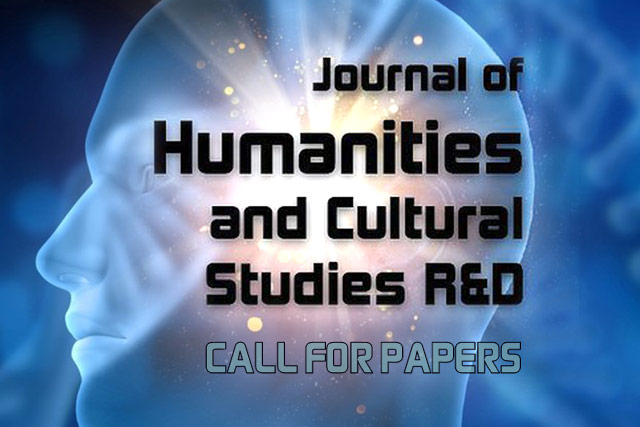Theory and Practice: How Islam Alters the Modern World

About The Event
Journal of Humanities and Cultural Studies
Call for Papers Special Issue
Submission Deadline: February 10, 2017
Lead Guest Editor:
Jaan S. Islam, Department member of Political Science at Dalhousie University, Research associate at Emertec Research and Development.
Number of original research articles: 8-12
Guest editorial board:
- Professor Christopher Cutting, Acadia University, Wolfville.
- Professor Saad Dabbous, Dalhousie University, Halifax.
- Evie Tastsoglou, Dalhousie University, Halifax.
- Barry Grossman, International Law Jurist, Baali (Indonesia).
Audience:
Academics in the studies of Religion (Islam and comparative religion), Sociology (migration and culture), Political Science (foreign policy), and Cultural Studies.
Introduction
The civil war in Syria and turmoil in other majority-Muslim countries have both put an immense amount of pressure on nearly all countries and global institutions of the world, to reconsider outdated security, foreign, and refugee policy. Along with such crises, theoretical concerns have expounded the minds of social scientists around the world. The conservative-liberal divide has led to pushes for extremes on both sides—the question of how culture and religion interact has come to the forefront of mainstream sociological thinking. The study of the nature of Islam as a religion, and religious identity, is a key question concerning policy-makers and individual researchers amid talk of the “clash of civilizations”. This special issue hopes to examine the relationship between Islam and cultures, behavioral norms, and migration, in order to inform both theoretical knowledge and political policy over the coming years.
Aims and Scope
The issue analyzes the relationship how cultures, behavioral norms, and how migration are affected by theoretical understandings of Islam. Whether or not cultures can coexist, the cause(s) of terrorism, whether religio-national identity can change and adapt, are key questions that this issue will analyze. The scope looks at the interactions between different types of peoples (as a product of migration) through a theoretical lens. In other words, the issue primarily concentrates on how practical and theoretical understandings of Islam affect the world we live in today. Both theoretical and practical issues surrounding the nature of Islam are of concern. The study of Islam in practice will help understand socio-political phenomena in the modern world, and may determine future governmental policy. The study of Islam in theory helps understand whether or not Islam in practice is conducive to the former. Furthermore, the journal will include discussion on the existence of several cultures in the same location, i.e., specifically, the positive or negative nature of coexistence between Islam and other religions. The question of whether or not Islam—in theory or in practice—encourages violence (or conversely coexistence and tolerance), is of utmost concern to national priorities and people across the globe. Naturally, other forms of behavioral norms can be incorporated into studies, such as can culture, history, and the concept of ‘identity’. For example, the relationship between religion, degree of religiosity, and other forms of identity, may be able to predict or understand actions of coexisting societies.
Conclusion
This special issue is of great interest to academia in the suggested fields of study, having it published as soon as possible will make it more receptive to more academic interaction. That is; Islam, terrorism, migration, and cultural analysis is of utmost concern to policy-makers, philosophers of culture and politics, and of course, to sociologists.
contact email: special_issue@journals-of-scientifcs-rd.com
Source: The University of Pennsylvania


We're always eager to hear from you.
If you’d like to learn more about us or have a general comments and suggestions about the site, email us at